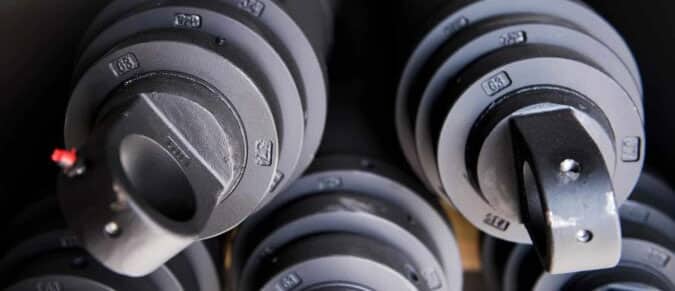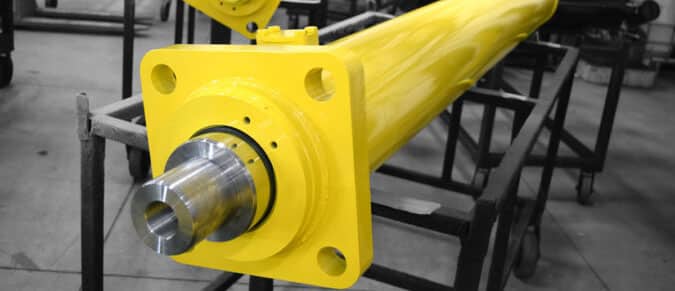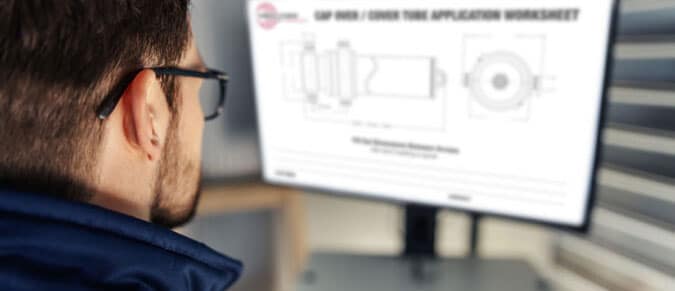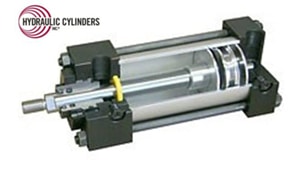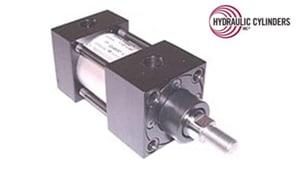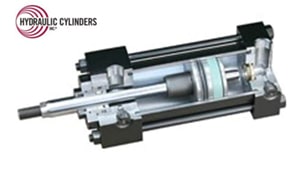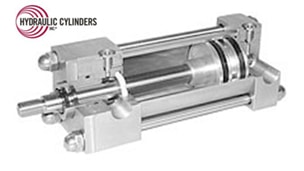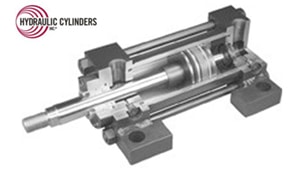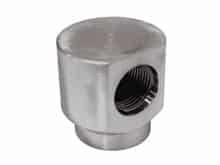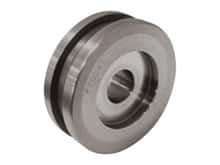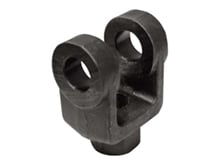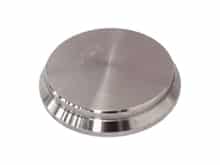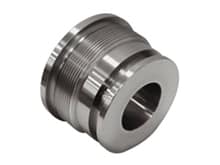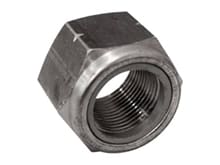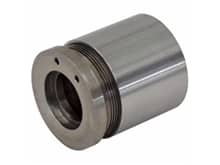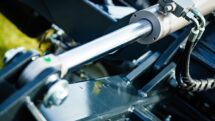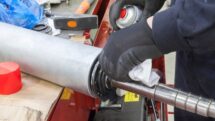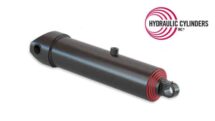Preventive Maintenance for Your Hydraulic Cylinders
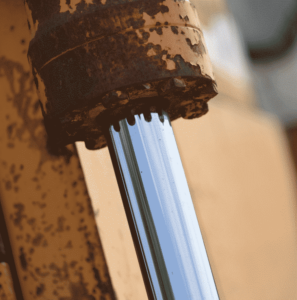 To protect your hydraulic cylinders for long life, it is essential to incorporate preventative maintenance in your regular protocol. Following strict maintenance, the calendar not only ensures safety for operators but also prevents premature hydraulic cylinder failure.
To protect your hydraulic cylinders for long life, it is essential to incorporate preventative maintenance in your regular protocol. Following strict maintenance, the calendar not only ensures safety for operators but also prevents premature hydraulic cylinder failure.
Cylinder Contamination
Since most hydraulic cylinder failures are a direct result of contamination, maintaining the cleanliness of the hydraulic fluid is critical. One of the first lines of defense in controlling contamination is to make it harder for particles to enter the system and remove any particles in the fluid.
Contamination can come in many forms, including hard particles, soft particles, and water. Sometimes these particles are internally generated by the components in the system, but more often, they come in from the outside. The components have seals designed to keep these particles out, such as the wiper seal on a hydraulic cylinder. These seals should be visually inspected on a regular basis. Air breathers on reservoirs prevent the ingression of airborne particles into the fluid. These breathers should be inspected and replaced on a regular basis, with the frequency depending on the air quality around the machine.
Hydraulic filters are designed to remove particles that are generated by the system or ingress during operation. The filters should be equipped with a gauge or switch to indicate when the filter is clogged, and element replacement is required. If the gauge is not visible to the operator during machine operation, consider adding a switch that will trigger a light or alarm. Also, consider upgrading to a filter that can capture smaller particles. Because of recent improvements in filter element technology, the downsides of added cost and increased pressure drop are generally outweighed by the increased performance.
The next step is checking the fluid cleanliness on a regular basis to ensure the preventive maintenance is effective. The two most common methods are bottle samples and portable particle counter. A bottle sample can be sent to a local laboratory for analysis. This analysis can include particle count, water content, and parts per million of specific wear metals and contaminants. A portable particle counter generally only provides a particle count but provides immediate results. In general, most hydraulic cylinders are designed to provide long life at an ISO cleanliness level of 17/15/13.
Insufficient Oil Levels
Checking for insufficient oil should also be routine when attempting to maintain hydraulic cylinders. Low fluid can lead to slow functioning cylinders and poorly performing systems. Fluid can escape through internal or external leakage. Internally, the performance and condition of the pumps, valves, and actuators should always be monitored. Externally, a burst hose is usually the culprit and is luckily easy to find.
In addition to oil levels potentially being low, it is recommended to change out the oil after 50 hours of use. These remove any contaminants that have acquired during use and also ensures the regular health of your hydraulic cylinder system.
High Oil Temperature
Another potential result of insufficient oil is high oil temperatures. It is recommended to check the temperature of the hydraulic fluid regularly during operation. If the fluid is too hot or smelling like it’s burning, the cooling system may not be working properly or the system may be malfunctioning. For example, the cooler vents may be clogged, a relief valve may be set too low, or a pump may have high leakage out the case drain. Investigate to find the cause of overheating before continuing to operate the machine.
Review the datasheet for the fluid to find the maximum operating temperature. If the fluid remains hot for too long it can break down and lose its ability to lubricate properly. Hot fluid can also damage the seals on the components. Consult with the manufacturer of the machine or with the component suppliers to determine the maximum operating temperature for the seals.
By following good preventative maintenance procedures to keep the machine full of clean fluid at the proper temperature, your hydraulic cylinders will provide years of reliable service and the rest of your hydraulic system will thank you as well!

